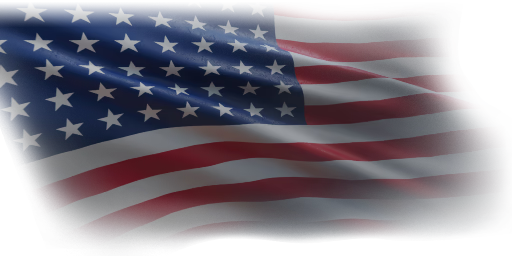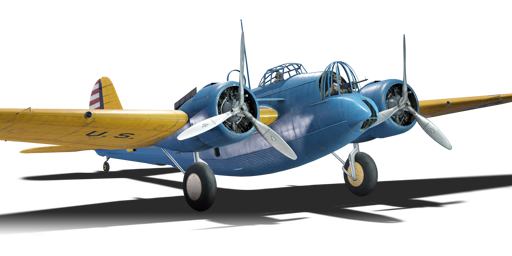



The B-10B was the first bomber with an all-metal monoplane airframe, closed cockpit, and rotating gun turrets. It was also the first mass-produced bomber that was faster than contemporary fighter aircraft. The B-10 had its first flight on 16th February 1932 and caused a revolution in bomber design, where all future designs featured elements of the B-10 such as retractable landing gear, internal bomb bay, and full engine cowling. Production ended after 348 B-10s and its variants were made in 1940. The US Air force ordered 103 aircraft in 1935, all delivered by 1936. After that, export of the B-10 was permitted. Operator countries included 37 aircraft serving in Argentinian Navy and Army Aviation Service, 9 were delivered to Chinese Nationalist Air Force in 1937, Thailand received 6 aircraft which they used in the war with France during 1940, Turkey with 20 aircraft and Netherlands with 9.
Introduced in Update 1.67 "Assault" as a premium aircraft, the B-10 has great bomb load when compared with other bombers of its rank and battle rating, unfortunately it also faces more advanced planes that are faster than it. The B-10 is quite manoeuvrable in the horizontal, which can be utilized to perform defensive manoeuvres against attacking aircraft.
flaps
flaps
flaps
brake
| Belt | Belt filling | Armor penetration (mm) at a distance: | |||||
|---|---|---|---|---|---|---|---|
| 10 m | 100 m | 500 m | 1000 m | 1500 m | 2000 m | ||
| T/Ball/Ball/AP/I | 13 | 12 | 7 | 3 | 2 | 0 | |
| T/AP/AP/AP/I | 13 | 12 | 7 | 3 | 2 | 0 | |







 2 x (25 / 50 / 80) %
2 x (25 / 50 / 80) % 
 2 x 100 %
2 x 100 % 

Flight performance | |
|---|---|
Survivability |
|---|
Weaponry | |
|---|---|